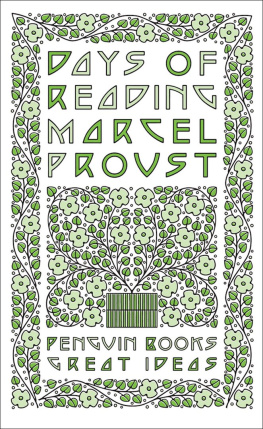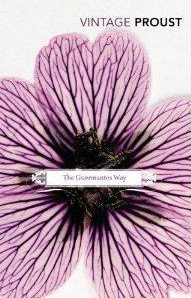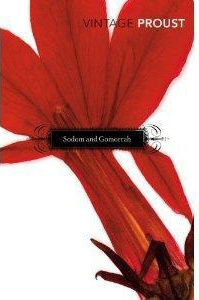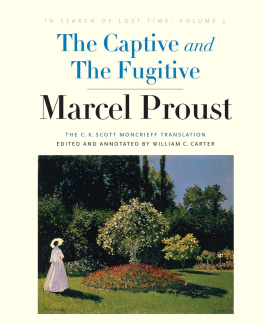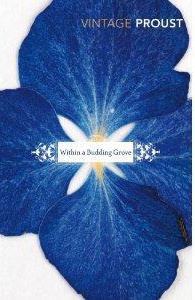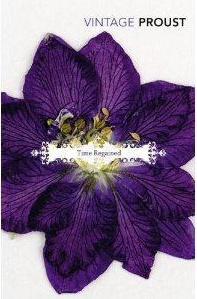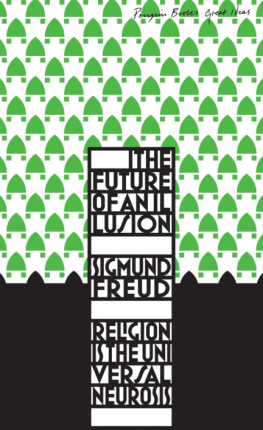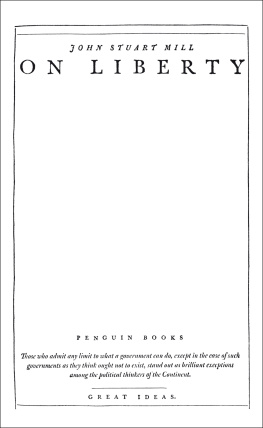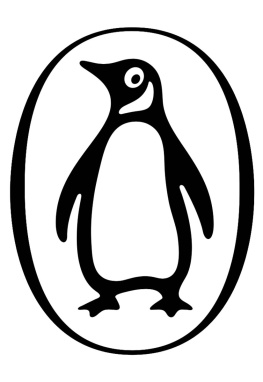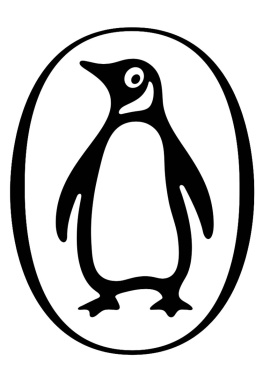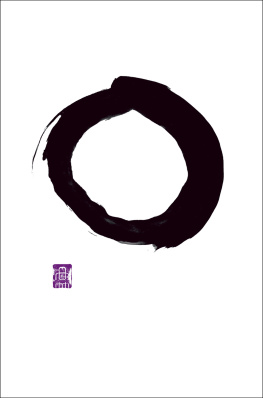Marcel Proust
18711922
Marcel Proust
Days of Reading
TRANSLATED BY JOHN STURROCK
PENGUIN BOOKS GREAT IDEAS
PENGUIN BOOKS
Published by the Penguin Group
Penguin Books Ltd, 80 Strand, London WC2R ORL , England
Penguin Group (USA) Inc., 375 Hudson Street, New York, New York 10014, USA
Penguin Group (Canada), 90 Eglinton Avenue East, Suite 700, Toronto, Ontario, Canada M4P 2Y3 (a division of Pearson Penguin Canada Inc.)
Penguin Ireland, 25 St Stephens Green, Dublin 2, Ireland (a division of Penguin Books Ltd)
Penguin Group (Australia), 250 Camberwell Road, Camberwell, Victoria 3124, Australia (a division of Pearson Australia Group Pty Ltd)
Penguin Books India Pvt Ltd, 11 Community Centre, Panchsheel Park, New Delhi 110 017, India
Penguin Group (NZ), 67 Apollo Drive, Rosedale, North Shore 0632, New Zealand (a division of Pearson New Zealand Ltd)
Penguin Books (South Africa) (Pty) Ltd, 24 Sturdee Avenue, Rosebank, Johannesburg 2196, South Africa
Penguin Books Ltd, Registered Offices: 80 Strand, London, WC2R 0RL , England
www.penguin.com
Against Saint-Beuve and Other Essays first published 1988
This selection with some revisions and abridgements by the translator first published 2008
Translation copyright John Sturrock, 1988, 2008
All rights reserved
The moral right of the translator has been asserted
Except in the United States of America, this book is sold subject to the condition that it shall not, by way of trade or otherwise, be lent, re-sold, hired out, or otherwise circulated without the publishers prior consent in any form of binding or cover other than that in which it is published and without a similar condition including this condition being imposed on the subsequent purchaser
ISBN: 978-0-141-96339-6
John Ruskin
One by one, like the muses leaving their father Apollo to go and bring light to the world, Ruskins ideas left the godlike head which had borne them and, embodied in living books, went to bring instruction to the nations. Ruskin had withdrawn into the solitude in which prophetic existences often end until it pleases God to call back the cenobite or ascetic whose superhuman task is done. And the mystery which was being fulfilled, the slow destruction of a perishable brain which had harboured an immortal posterity, could only be guessed at, through the veil stretched over it by pious hands.
Today death has put mankind in possession of the immense inheritance that Ruskin bequeathed to it. For the man of genius can only give birth to works which will not die by creating them in the image not of the mortal being that he is, but of the exemplum of mankind he bears within him. His thoughts are in some sense lent to him for his lifetime, of which they are the companions. On his death they return to mankind and instruct it. Such as that august family dwelling in the rue de la Rochefoucauld known as the home of Gustave Moreau while he yet lived and since his death as the Muse Gustave Moreau.
There has long been a John Ruskin Museum (in Sheffield). Its catalogue is like an epitome of all the arts and all the sciences. Photographs of paintings by the masters are found next to collections of minerals, as in Goethes house. Like the Ruskin Museum, Ruskins oeuvre is universal. He sought the truth, he found beauty even in chronological charts and the laws of society. But the logicians having so defined the Fine Arts as to exclude mineralogy as well as political economy, it is only of that part of Ruskins oeuvre which concerns the Fine Arts as they are generally understood, of Ruskin as aesthetician and art critic, that I shall have to speak here.
It was said first of all that he was a realist. And indeed he often reiterated that the artist should apply himself to the pure imitation of nature, without rejecting, despising, choosing anything.
But it has been said also that he was an intellectualist for he wrote that the best picture was the one which contained the loftiest ideas. Speaking of the group of children who are amusing themselves sailing toy boats in the foreground of Turners Building of Carthage, he concludes: The exquisite choice of this incident, as expression of the ruling passion which was to be the source of the future greatness of the new city is quite as appreciable when it is told as when it is seen, it has nothing to do with the technicalities of painting; a scratch of the pen would have conveyed the idea and spoken to the intellect as much as the elaborate realizations of colour. Such a thought as this is something far above all art; it is epic poetry of the highest order. In the same way, adds Milsand, who quotes this passage, when he analyses a Holy Family by Tintoretto, the feature by which Ruskin recognizes a great master is a ruined wall and the beginnings of some masonry, by means of which the artist gives us symbolically to understand that the birth of Christ was the end of the Jewish economy and the advent of the new alliance. A composition by the same Venetian painter, a Crucifixion, Ruskin finds to be a masterpiece of painting because the artist has been able, by a seemingly insignificant incident, by introducing a donkey grazing off some palm leaves in the background to Calvary, to state the profound idea that it was Jewish materialism, with its expectation of a purely temporal Messiah and with the disappointment of its hopes at the entry into Jerusalem, that was the source of the hatred unleashed against the Saviour and hence of his death.
It has been said that he did away with the role of imagination in art by giving too large a role to science. Did he not say that: every class of rock, earth and cloud, must be known by the painter, with geologic and meteorologic accuracy Every geological formation has features peculiar to itself; definite lines of fracture, giving rise to fixed resultant forms of rock and earth; peculiar vegetable products, among which still further distinctions are wrought out by variations of climate and elevation [The painter] observes every character of the plants colour and form he seizes on its lines of rigidity or repose observes its local habits, its love or fear of peculiar places, its nourishment or destruction by particular influences; he associates it in his mind with all the features of the situation it inhabits He must render the delicate fissure, and descending curve, and undulating shadow of the mouldering soil with gentle and fine finger like the touch of the rain itself The greatest picture is that which conveys to the mind of the spectator the greatest number of the greatest ideas.
But it has been said in return that he ruined science by giving too large a place in it to the imagination. And indeed, one can but think of the simple-minded finalism of Bernardin de Saint-Pierre saying that God has divided melons into slices so as to make them easier for men to eat, when one reads passages such as this: God has employed colour in His creation as the unvarying accompaniment of all that is purest, most innocent, and most precious; while for things precious only in material uses, or dangerous, common colours are used look at a doves neck, and compare it with the grey back of a viper So again, the crocodile and alligator are grey, but the innocent lizard green and beautiful.
Although it has been said that he reduced art to being merely the vassal of science, since he carried his theory of the work of art seen as giving us facts about the nature of things to the point of declaring that a Turner discloses more about the nature of rocks than any academy will ever know, and that a Tintoretto need only let his hand go to reveal a multitude of truths about the play of the muscles which will confound all of the worlds anatomists, it has been said also that he humbled science before art.
Next page
